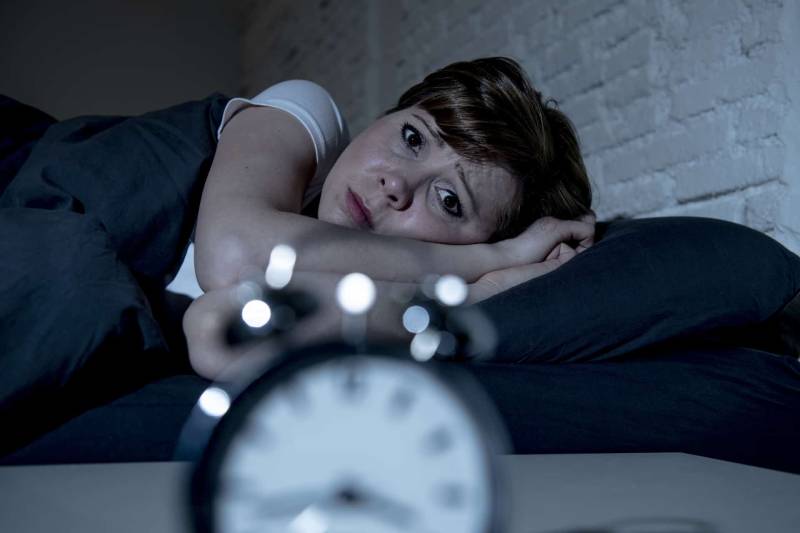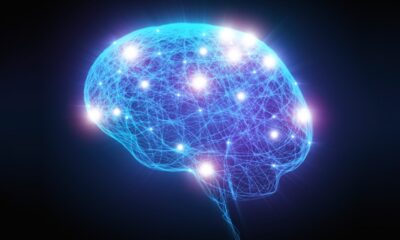A recent study emphasizes how severely sleep deprivation affects judgment, especially in high-stress professions like first response, politics, and military leadership.
The study clarifies how important sleep is for preserving emotional stability and cognitive function, particularly in times of stress.
The Value of Sleep
The benefits of sleep for human health, cognitive performance, and emotional control have been extensively studied.
Lack of sleep has been linked to decreased neurocognitive abilities, such as working memory, attention, motor responses, and inhibition control, according to earlier research.
Making Stressful decisions
Still, the current research sheds more light, especially on how sleep loss influences risky decision-making from a neuroimaging perspective.
The researchers found that a person’s ability to make decisions is dramatically changed after going without sleep for a full day. Diffused neural reactions to decision outcomes are indicative of the impact.
This indicates that, in comparison to their responses when well-rested, people who have pulled an all-nighter exhibit decreased good emotions when they win and decreased negative emotions when they lose.
According to research, stressed the psychological effects of sleep deprivation.
“Common sense does dictate if people incur sleep loss, sleep disturbance or a sleep disorder that their cognitive function will be impacted, their attention and efficiency will decrease. But there is an emotional impact, too,” said Fang.
“If you experience even just one night of sleep deprivation, there will be an impact, even on a neural level. So, we wanted to combine brain imaging and behaviour to see that impact.”
Important information on sleep and making decisions
A single night without sleep drastically reduced brain activation in reaction to winning and losing scenarios, according to research involving 56 healthy adults. This suggests that sudden sleep deprivation can reduce brain activity when making risky decisions.
Moreover, complete sleep deprivation breaks the connection between a person’s brain reaction and their propensity for taking risks, most likely as a result of changed risk perception.
This study is the first to specifically address how sleep loss affects decision-making, despite the fact that numerous other studies have demonstrated the general impacts of sleep deprivation on a variety of brain and cognitive functions, such as learning, memory consolidation, and attention processing.
The results emphasize how important getting enough sleep is, especially for people in occupations where making important judgments when sleep deprived is a daily occurrence.
Study ramifications
“These results underscore the importance of maintaining adequate sleep and how individuals should refrain from making important decisions when experiencing chronic or acute sleep deprivation,” said Fang.
“In specific professions where decision-makers are required to operate under accumulated sleep loss, specialized training or fatigue risk management might be necessary to enable them to handle such situations effectively.”

 Diabetology2 weeks ago
Diabetology2 weeks ago
 Diabetology2 weeks ago
Diabetology2 weeks ago
 Diabetology1 week ago
Diabetology1 week ago
 Diabetology1 week ago
Diabetology1 week ago
 Diabetology1 week ago
Diabetology1 week ago
 Diabetology2 weeks ago
Diabetology2 weeks ago
 Diabetology1 week ago
Diabetology1 week ago
 Diabetology2 weeks ago
Diabetology2 weeks ago


















